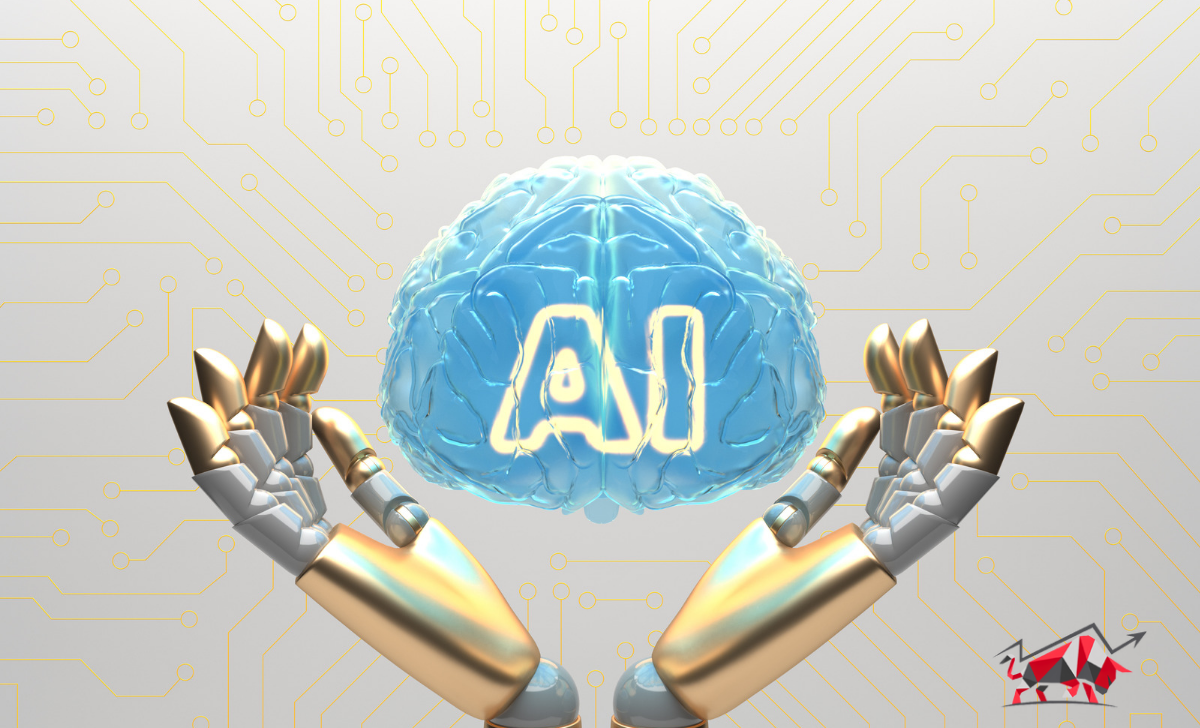A bipartisan group of United States senators has proposed a NO FAKES Act that aims to ban unauthorized AI-powered reproductions of people’s voices and images. Democratic Senators Chris Coons and Amy Klobuchar, along with Republican Senators Marsha Blackburn and Thom Tillis, announced the discussion draft of the Nurture Originals, Foster Art, and Keep Entertainment Safe (NO FAKES) Act on October 11.
Under the proposed act, both companies and individuals found creating unauthorized AI replicas of living or deceased individuals would face substantial liabilities. Additionally, platforms knowingly hosting these unauthorized AI copies would also be held accountable, with penalties starting at $5,000 per violation. The NO FAKES Act carves out exceptions for limited uses of unauthorized AI replicas protected by the First Amendment, including applications in news, documentaries, as well as for comment, criticism, scholarship, satire, or parody.
Senator Coons emphasized the necessity of clear policies governing the use of generative AI: “Creators around the nation are calling on Congress to lay out clear policies regulating the use and impact of generative AI,” he stated. “Congress must strike the right balance to defend individual rights, abide by the First Amendment, and foster AI innovation and creativity.”
Senator Blackburn echoed these sentiments, asserting that the bill is a “good first step” in safeguarding the rights of songwriters, actors, and U.S. creatives who deserve ownership of their name, image, and likeness (NIL).
NO FAKES Act Comes at the Right Time
The introduction of the NO FAKES Act comes at a time when the music industry is witnessing a surge in songs created using AI tools, imitating the styles of renowned artists. One notable example is the track “Heart on My Sleeve” by the anonymous TikTok user “Ghostwriter977,” which utilized AI vocals mimicking artists Drake and The Weeknd, gaining millions of views before being removed from the platform.
AI-generated likenesses have also become a contentious issue in Hollywood, contributing to recent strikes and negotiations. The Screen Actors Guild-American Federation of Television and Radio Artists (SAG-AFTRA) union has thrown its support behind the proposed legislation of the NO FAKES Act. However, negotiations between SAG-AFTRA and the Alliance of Motion Picture and Television Producers (AMPTP) recently broke down. SAG-AFTRA alleged that the AMPTP refused to protect performers from being replaced by AI.
Conversely, the AMPTP stated, “It is clear that the gap between the AMPTP and SAG-AFTRA is too great, and conversations are no longer moving us in a productive direction.”
This development follows the resolution of a five-month-long strike by the Writers Guild of America (WGA) on September 27. The strike concluded after the union reached an agreement with the AMPTP, addressing AI usage in writer’s rooms, alongside improved wages and fairer contracts.


